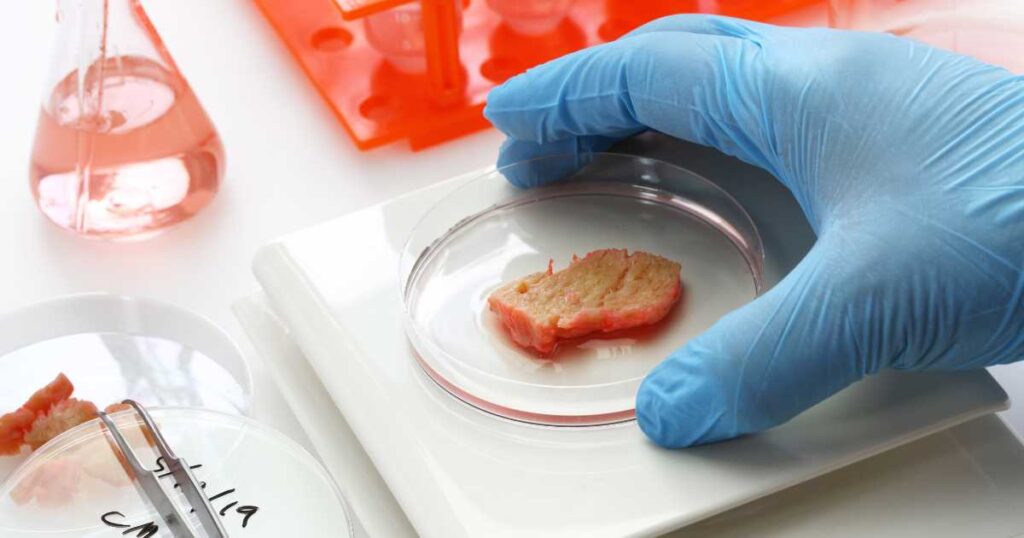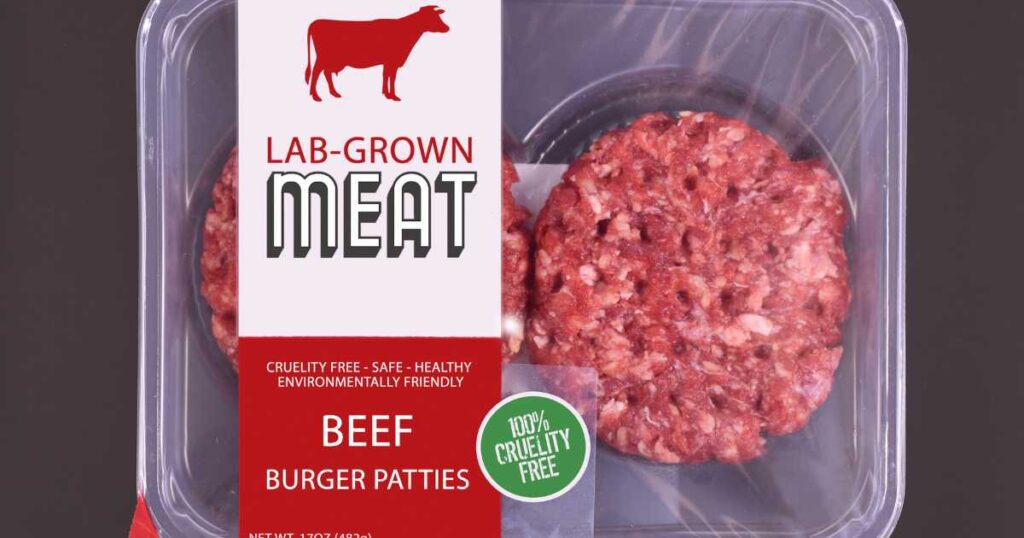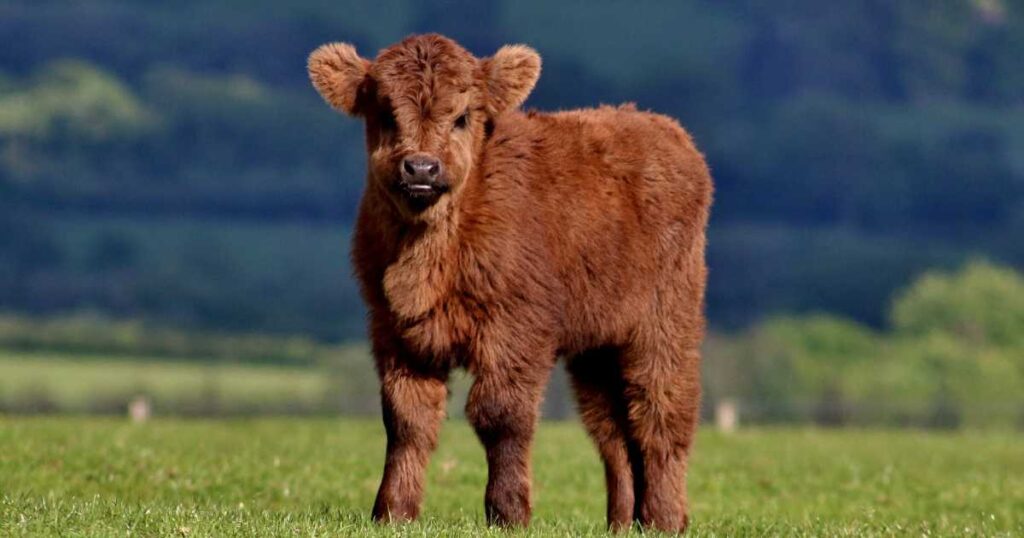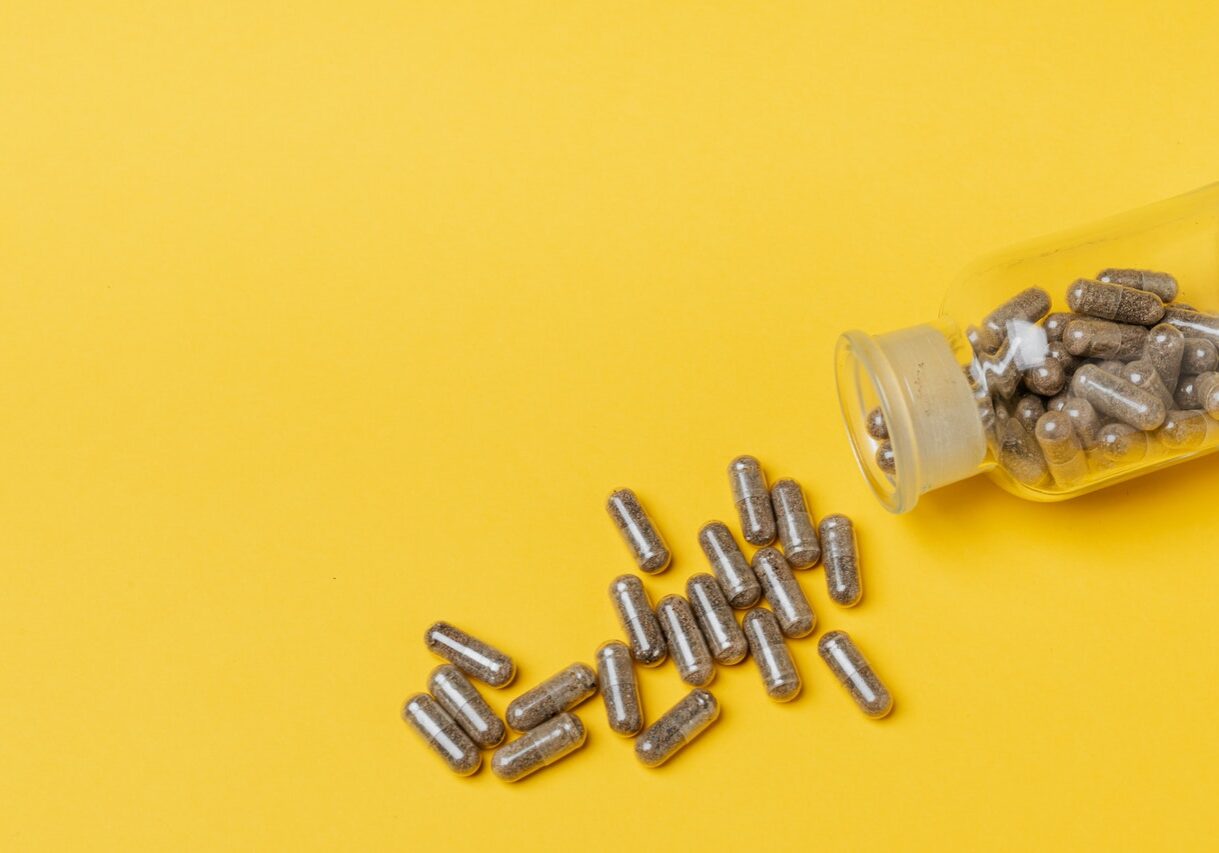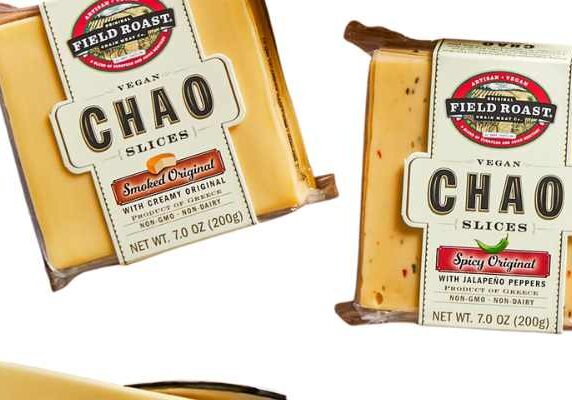If you’ve been checking food labels lately you may have noticed an “Animal-Free” label on certain products. But without a clear definition, what does Animal-Free actually mean? Is it a synonym for vegan? dairy-free, or something else?
In this article we’re exploring the truth behind what Animal-Free actually means and if it aligns with your diet, lifestyle, and ethics.
What does Animal-Free mean?
Animal-Free is a relatively new term that often refers to meat and dairy products that have been produced from animal cells in a laboratory.
This is most commonly known as Lab Grown. Lab Grown meat produces the same animal meat but without the need to raise or slaughter animals. There is still debate on whether the term Animal-Free is accurate enough for consumers to be aware of the food they are purchasing.
Is Lab-Grown Meat Ethical?
Lab-Grown meat raises a number of ethical concerns for vegans, vegetarians, and meat-eaters. Let’s break it down into the key arguments for and against lab-grown meat.
The ‘For’ Argument
From an ethical standpoint, lab-grown meat has several potential advantages over conventionally produced meat. For one, it could reduce the amount of animal suffering involved in meat production.
The meat industry is notorious for the poor treatment of animals, with many animals living in cramped and unsanitary conditions and being subjected to inhumane practices like debeaking and tail docking - not to mention the horrific slaughter practices used worldwide. By producing meat without the need for live animals, lab-grown meat could eliminate many of these ethical concerns.
Lab-grown meat is also more environmentally sustainable than conventionally produced meat. Meat production is a significant contributor to greenhouse gas emissions, and the land and water use associated with raising animals for food can be substantial. By producing meat in a laboratory setting, lab-grown meat could require fewer resources and generate fewer emissions, making it a more sustainable option.
The ‘Against’ Argument
However, there are also some ethical concerns that need to be addressed with the “Animal Free’ label and lab-grown meat. For example, some have raised questions about the use of animal cells to produce lab-grown meat.
While the animals themselves are not raised or slaughtered, they are still being used to create a product for human consumption. This raises questions about the ethics of using animals for our own purposes, even if they are not being raised and slaughtered in the traditional sense.
Eating meat is also associated with many health risks, so while a plant-based diet mitigates and even reverses the impacts of disease, a lab-grown meat diet would impact an individual as negatively as traditional meat eating does.
From a meat-eater perspective, there are also concerns about the potential impact of lab-grown meat on the traditional meat industry. While it is widely viewed that lab-grown meat is a solution to the ethical and environmental concerns associated with meat production, meat producers worry that it could threaten their livelihoods. However, every industry needs to adapt to progress, and this is no different with farmers and ranchers.
Despite these concerns, the development of lab-grown meat is an important step towards more sustainable and ethical food production. By producing meat without the need for live animals, lab-grown meat has the potential to reduce animal suffering, lower environmental impact, and provide a more sustainable source of protein for human consumption.
Is Lab-Grown Meat Vegan?
Lab Grown meat sits in a grey area for vegans and while the terms are used interchangeably, the choice to eat Lab Grown meat for vegans is very complex. Vegans need to consider their reasons for being vegan and whether or not lab-grown meat aligns with those reasons.
On one hand, lab-grown meat does not require the cruelty and slaughter of animals, which is a key aspect of veganism. However, there are some concerns about the use of animal cells in the production of lab-grown meat. While the cells used to produce lab-grown meat are typically obtained through a biopsy, meaning that no animals are killed in the process, the use of animal cells could be seen as problematic from a vegan perspective. It perpetuates the idea that animals are mere commodities, rather than sentient beings that deserve ethical consideration.
Additionally, some vegans may object to the use of fetal bovine serum (FBS) in the production of lab-grown meat. FBS is a commonly used growth medium that is derived from the blood of cow fetuses. While efforts are underway to develop animal-free alternatives to FBS, many current methods for producing lab-grown meat still rely on its use.
If you’re vegan for health reasons, lab-grown meat will probably not solve your issue. While lab-grown meat doesn’t require the use of antibiotics and hormones found in traditional meat, meat consumption has been linked with many diseases and illnesses.
Given these concerns, it's difficult to say whether lab-grown meat can truly be considered vegan. While it does not involve the slaughter of animals, it does rely on the use of animal cells and animal-derived products in some cases. Ultimately, whether or not lab-grown meat is considered vegan may depend on an individual's personal values and beliefs about animal rights and ethical consumption.
Animal-Free Beauty Products
The Animal-Free label has also made its way into the beauty and cosmetics industry.
Some cosmetic brands have released lab-grown collagen to create more ethical and sustainable skincare products that do not require animals. These products will often feature the “Animal-Free” label.
The Animal Free label may appear on beauty products to mean the product is vegan and does not contain any animal or animal by-products in their ingredients. It may also mean the product is cruelty-free and not tested on animals. However, consumers should not trust an “Animal Free” label alone and instead look for official vegan and cruelty-free certifications.
Summary
Ultimately, the "Animal-Free" label is just one step in the broader movement toward a more ethical and sustainable world. By choosing Animal-Free products, consumers can help to support companies that are working towards better and more positive business practices.
By staying informed and engaged with issues related to food and beauty products, we can all help to drive positive change and promote a more ethical and sustainable food system.

